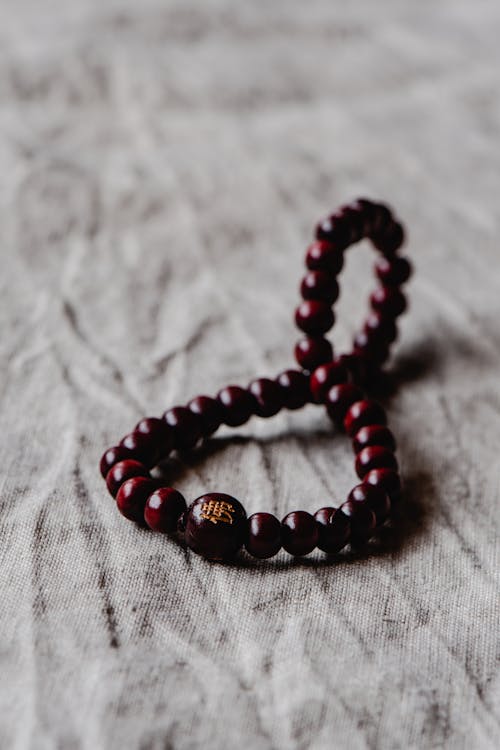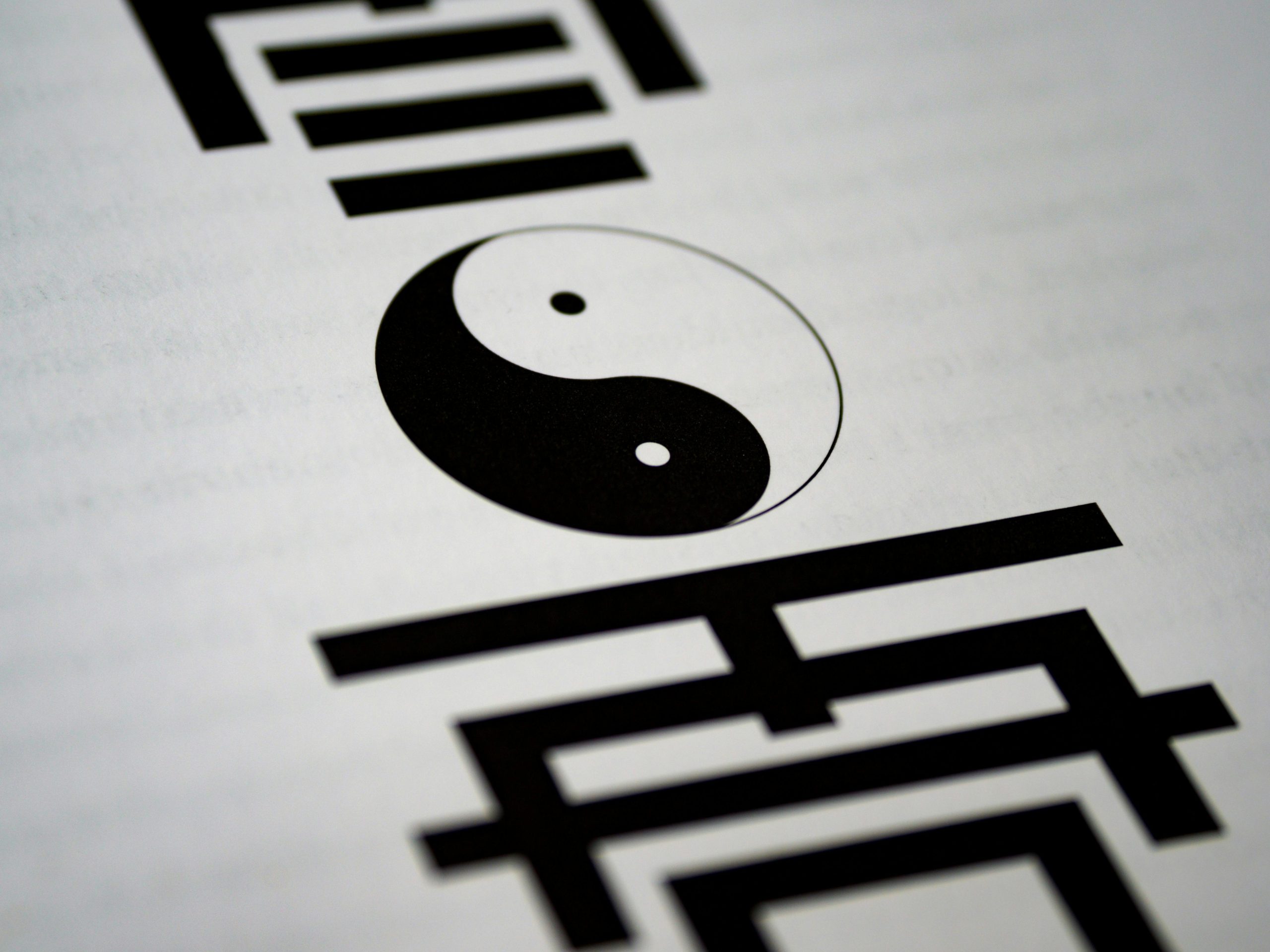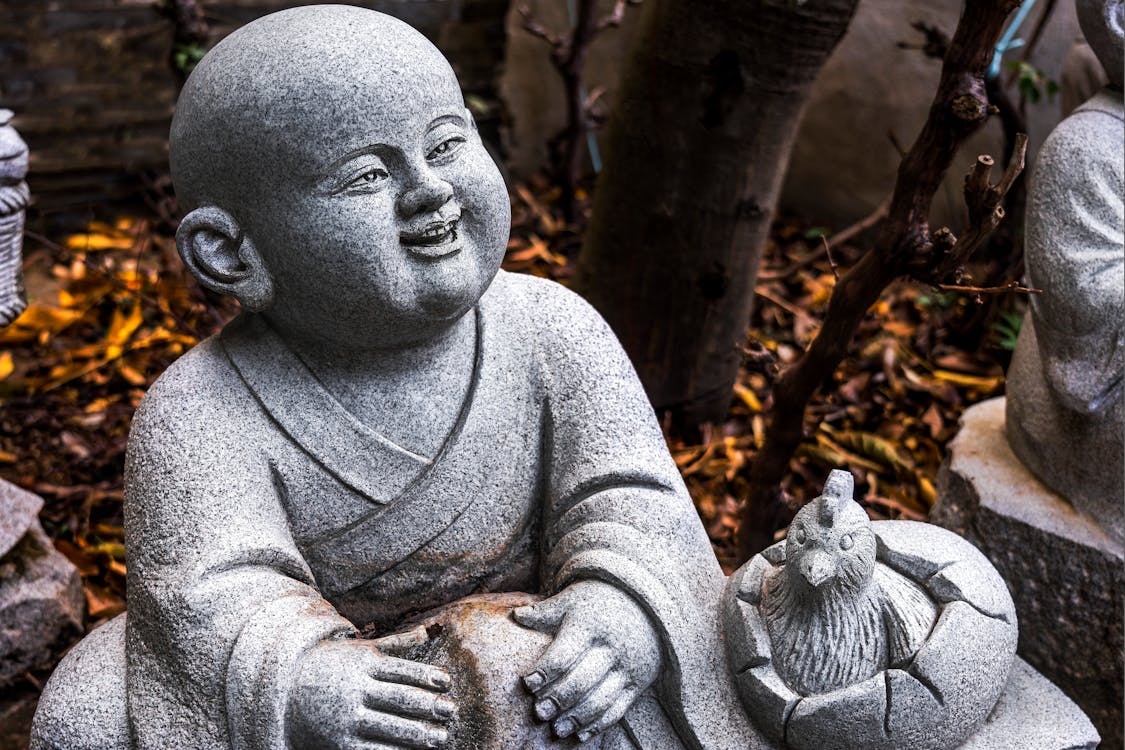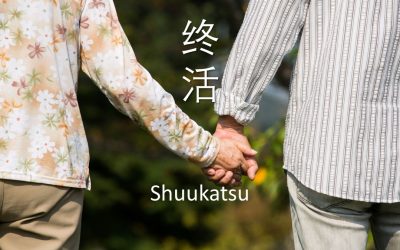Seven Weeks (Forty-Nine Days): How to Perform the Rituals Correctly
Have you ever heard of the “First Seven and Final Seven Days” after a person passes away, and the belief that there are rituals to be observed for forty-nine days, or that the soul of deceased will return on the seventh day? What are the origins of these beliefs, and how should these rituals be observed after the passing of a family member? What happens if these rituals are not observed?
First, it is important to clarify that Chinese spirituality is inseparable from the integration of three major faith systems, namely Buddhism, Taoism and folk religion. Many may identify as Buddhists or Taoists, but upon closer scrutiny, they are more likely to be followers of a mixed form of folk religion.
The Seven Weeks (Forty-Nine Days) of Buddhism
According to Buddhism, there is a transitional period between death and rebirth in the six realms called the “intermediate state” (Bardo). This period can last from a few seconds up to forty-nine days. The Tibetan Book of the Dead mentions that the intermediate state is a phenomenon of birth and death, and each “death” is followed by a “waking” into another intermediate state. The “First Seventh” is when the soul of the deceased “awakens”, and performing the relevant ritual at this time grants them the greatest blessings.
In Buddhist funeral rites, chanting sutras and conducting rituals every seven days helps the deceased reflect and move on to the next stage. It is a form of education and guidance. Simultaneously, the living can also receive teachings on life from the rituals.

The Seven Weeks (Forty-Nine Days) of Taoism
Taoism holds the belief that human beings are born with a balance of yang (positive) and yin (negative) energies, and must practise cultivation to maintain this balance. Pure yang leads to immortality, while pure yin results in death and becoming a ghost. The reason death occurs is due to lack of cultivation according to the principles of Taoism. However, cultivation here refers more to virtues like loyalty, filial piety, benevolence and faith, rather than supernatural powers or abilities.
Human beings have “three souls and seven spirits”, and a spirit is dispersed every seven days after death, until all are exhausted after forty-nine days. Therefore, Taoists can perform scripture recitations or repentance rituals, such as the “Ascension and Attainment of the Tao Sutra”, the “Fengdu Sutra for the Removal of Sins and Blood Lake”, the “Sutra of the Removal of Grievances and Sins”, the “Ten Directions Sutra for Relieving Suffering” and others, to help the spirits to repent their virtues and seek salvation from the deities. The living can also learn Taoist teachings through the scriptures.

The Seven Weeks (Forty-Nine Days) of Folk Religion
Compared to Buddhism and Taoism, the “Seven Weeks (Forty-Nine Days)” beliefs of folk religion are a mixture of myths, legends, and superstitions, local customs and social traditions. A careful comparison will reveal discrepancies between these beliefs and Buddhist and Taoist teachings.
Legend has it that after Emperor Taizong of Tang passed away, his successor burned joss paper money for him every seven days for forty-nine days, which then became a common practice among the people. However, Buddhism and Taoism do not advocate material desires, especially after death. Burning joss paper money and offerings reflect our projection of the living world onto the afterlife.
Some believe in “returning souls” on the seventh day, with spirits depicted as having supernatural powers to appear in dreams or harm people. However, Buddhists and Taoists view spirits as confused and helpless, and that they cannot even protect themselves, let alone possess supernatural abilities or harm the living.
In some places, there are customs of only performing rituals for a “single seventh” for fear that bad things will come in twos. In Buddhism and Taoism, the chanting of scriptures at every seventh day is to educate the spirits and guide them to repent and move on to the next stage, which is definitely considered a “meritorious deed”. Therefore, the fear of bad things happening in twos is unfounded.
In some regions, married daughters may only provide offerings for the fifth seventh day, while the sons are expected to handle the other seventh days. China’s vast geography and inconvenient transportation in ancient times meant married daughters might not be able to return home for the funeral or for each seven-day period, leading to the custom of “Fifth Seventh” for daughters. Additionally, the patriarchal preference meant sons were expected to perform the main rituals. In modern times, emphasizing gender equality and considering the possibility of having no sons or daughters living nearby, it makes no sense for daughters to only participate in the “Fifth Seventh’.
Respect and Blessings
So how should we observe the “Seven Weeks (Forty-Nine Days)” rituals? There is no right or wrong when it comes to faith. One can turn to their own belief system, whether it be Buddhism, Taoism, folk religion or any other religions. The Chinese society is inherently a community of mixed beliefs. Having mutual respect, maintaining family harmony while at the same time holding respect and blessings for our ancestors are the best approaches.

Nirvana Care Professional Department – Ritual & Culture Management
Exploring the impact and development of Chinese culture on Malaysian society and focusing on the origins of the community’s funeral cultures, we have borrowed and adapted ancient customs to nurture the development, cultivation, deeper understanding and growth of Nirvana Care’s bereavement care services.
About the Author
Ng Ai Ling, Nirvana Care Professional Department – Ritual & Culture Management
Ms. Ng has a master’s degree in Chinese literature from Taiwan’s National Dong Hwa University and many years of experience in writing and research. She is currently a newspaper columnist and has been publishing articles on Hong Kong and Taiwan online platforms for many years.
Malaysia Multi-racial Farewell Ceremonies
Malaysia is a multi-racial country, with the main ethnic groups being Malay, Chinese and Indian. For the ethnic Chinese, there are various religious funeral rites such as Buddhist, Taoist and Christian, and Islamic and Hindu rites for the other ethnic groups. Different ethnic groups and religions have different cultural practices, religious ideologies, beliefs and values, making Malaysia’s funeral culture appear diverse in many ways.
Ancestral Tablet
The ancestral tablet is also called “soul tablet”, “spirit tablet”, “soul seat” and others. In Buddhism, it is called “lotus dais” or “lotus seat”. It is generally used as a temporary seat for the soul of the departed to reside, and convenience for the family members, relatives and friends to pay their respects.
shuukatsu
Shuukatsu / Translated by Colin Kuan The term “shuukatsu” has become a popular buzzword in recent years. What then is “shuukatsu”? Shuukatsu originated from Japan. According to the United Nation’s 2019 Revision of World Population Prospects, the most important...
Information for Malaysians | What to do when a loved one dies
Information for Malaysians What to do when a loved one diesThe loss of a loved one is an inevitable life experience for everyone as we grow up, but we must always be brave enough to face and accept it. With birth comes death, and with growth comes decline. This...
The guardian deity of tombs – Hou Tu
The guardian deity of tombs - Hou Tu Whenever you visit a cemetery during Qing Ming, have you ever noticed a small stone tablet with the characters “后土 (Hou Tu)” inscribed on it nearby the tombs of your ancestors? Before paying respects to our ancestors, we will offer...
Pre-planning: Sparing your loved ones from being exploited
Pre-planning: Sparing your loved ones from being exploited Whether you are prepared for it or not, when a loved one passes away, the emotional toll that grief exerts can be so overwhelming it leaves very little room for other considerations. The last thing that any...
Nirvana Ming Palace
Nirvana Ming Palace: A realm of tranquility where culture meets artCovering an area about 30,000 square feet, Nirvana Ming Palace is located at Nirvana Memorial Park (Shah Alam). The overall architectural style of Ming Palace is inspired by the designs of palaces from...
Create your own “home”
Create your own “home” It is believed that many people have a lifelong wish to live in comfort and peace - during their lifetime - in the home of their dreams. It is worth noting that people only can envision the actual house they live in, but have no idea of where...
Sheng Ji · A new turnaround of fortunes
Sheng Ji ·A new turnaround of fortunes During the festive season, relatives and friends will convey well wishes of “good health”, “long life” and more. Of course, we all hope that things come as easy as they say, but did you know that you can change your fortunes by...
Ji Le Columbarium
Nirvana Memorial Garden (Semenyih) Ji Le Columbarium Spacious & Minimalistic · Reasonable & Affordable All sentient beings are suffering, and attaining Ultimate Bliss is the best way to escape from suffering. Hence, the columbarium here at Nirvana Memorial...


























